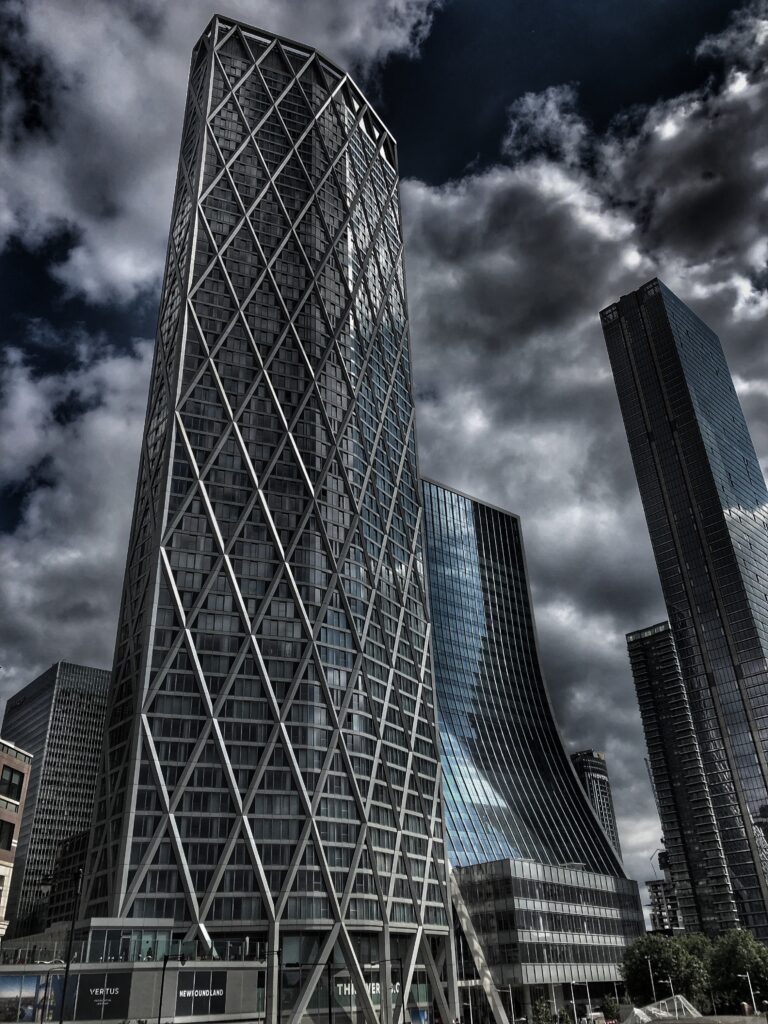It seems the UK economy is at the start of a period of significant turbulence. There’s a lot of news surrounding this subject at the moment – all of it seeming to range anywhere from pretty bad to the downright disastrous. To kick things off, let’s point out that after so many years of being comparatively a monetary afterthought, inflation is once more threatening to become a significant problem. The Bank of England has predicted it could exceed 4% before the year is out.
Then there are intermittent issues to do with some supermarket shelves being understocked, this being in part a consequence of a shortage of HGV drivers, itself a problem exacerbated by Brexit. On top of that, Tesco has warned that food prices could rise by 5% over the coming winter because of this. Just over a week ago came the realisation that many smaller energy companies would go bust due to the rapid and massive increase in the cost of gas, and while the bigger companies should be able to provide back-up supplies to make sure customers do not go without, the reality is that this situation is going to lead to higher energy bills for everyone.

And we haven’t even got out of September yet. We have a few weeks to go until the beginning of winter. It will be several months before we see the back of it. Meanwhile, with effect from early next month, the £20 universal credit paid to poorer families will be turned off by the government, possibly forcing close to an estimated million people into poverty. Referencing that £20 in a column in The Guardian, comparing the recipients of those payments to government ministers, Frances Ryan noted: “What’s the weekly shop to some is a glass of merlot to others.” For sure, if there really was a Santa Claus, there would be a lot of people banking on him for help this Christmas.
Into 2022, there will be the increase in national insurance contributions in order to help fund the NHS and the social-care sector. Elsewhere, pensioners will have to get used to the fact that the protection offered by the triple-lock guarantee – which means pensions rise by the greater of the increase in earnings, inflation or 2.5% – will be scrapped. The first part will go because the increase in earnings will be disproportionately high due to the post-pandemic bounce-back. (One is perhaps entitled to ask at this point: what bounce-back?)
I’ve got this far without mentioning the potential for chaos caused by the lack of HGV drivers leading not only to food-delivery problems but meaning that several petrol stations have begun to run out of supplies. There is talk of army personnel being drafted in to drive the necessary vehicles. In 2000, fuel shortages of this sort brought the country to the economic edge. Despite the shortage of drivers to pilot those petrol tankers, it seems right now that the country may be driving along that same road again, notwithstanding the government’s belated post-Brexit U-turn to allow foreign drivers into the country to do the job. We’ll see what impact that has; everyone knows that performing a U-turn in a big lorry is a difficult manoeuvre.
